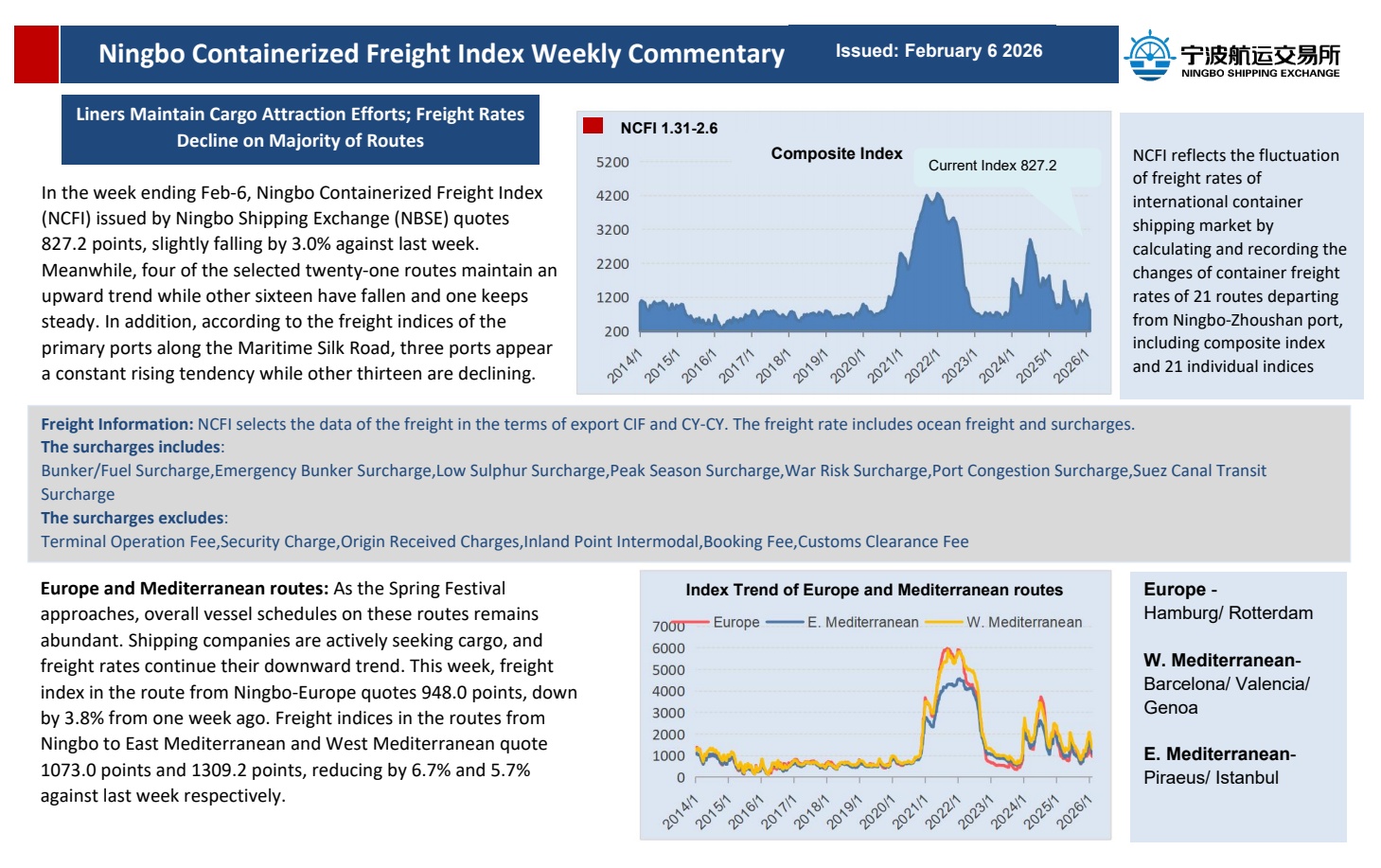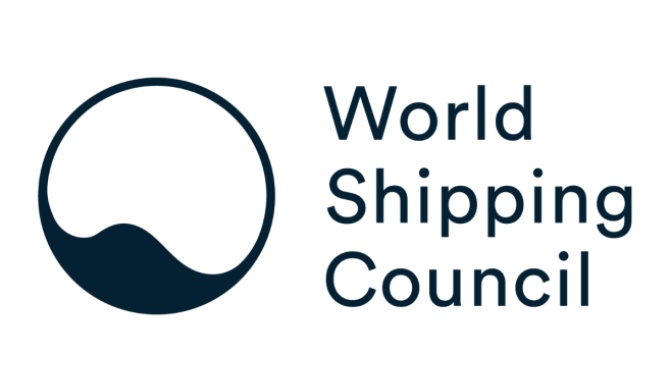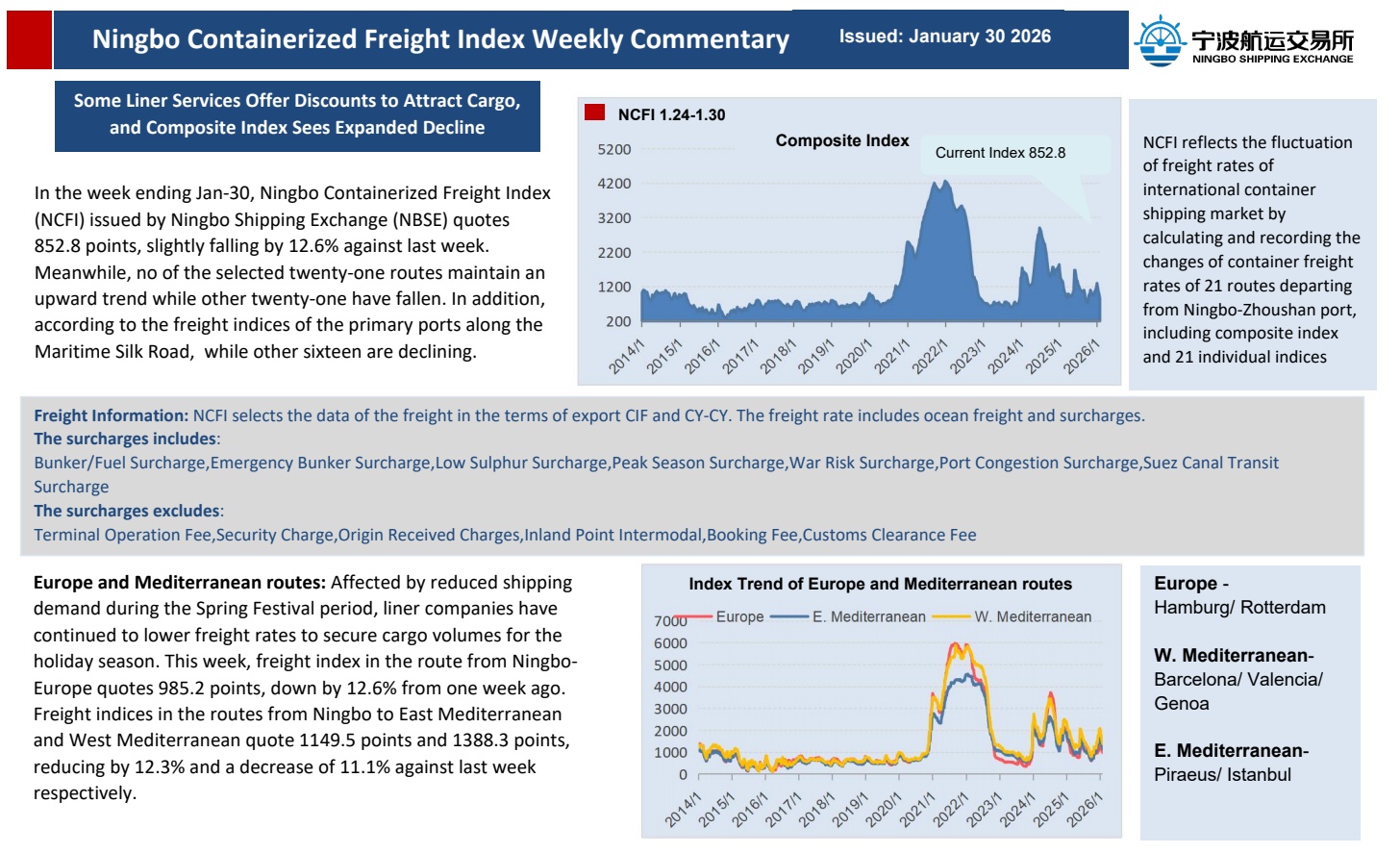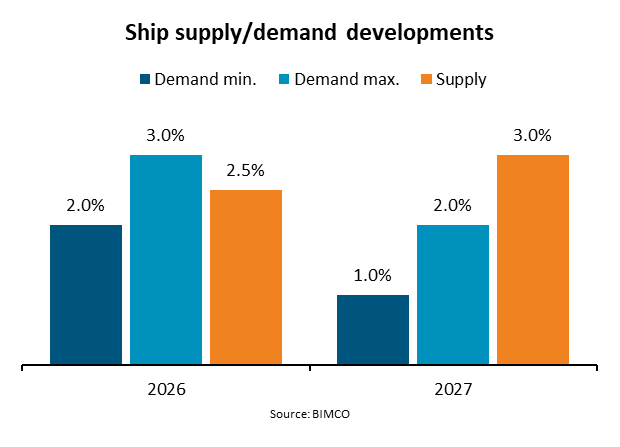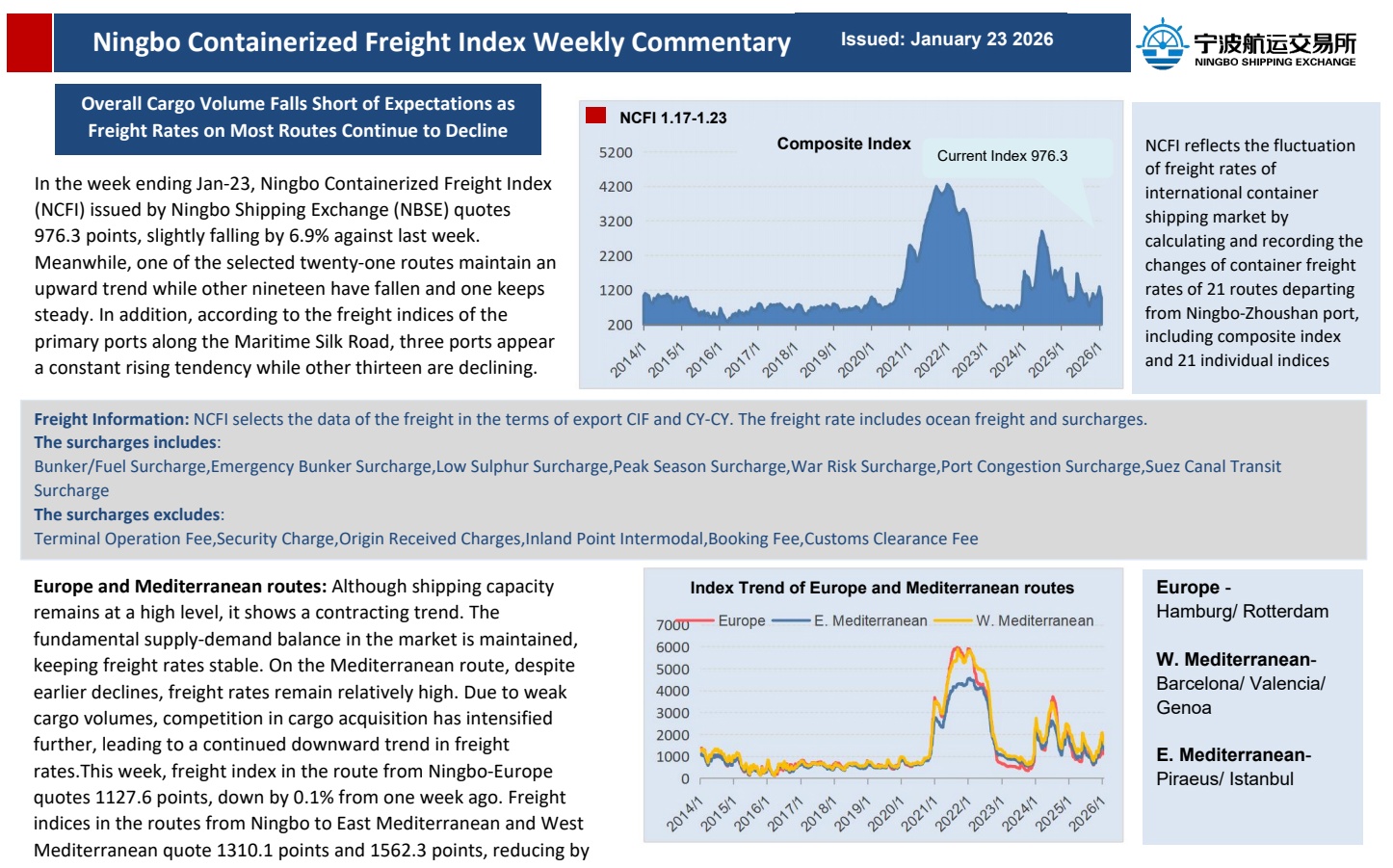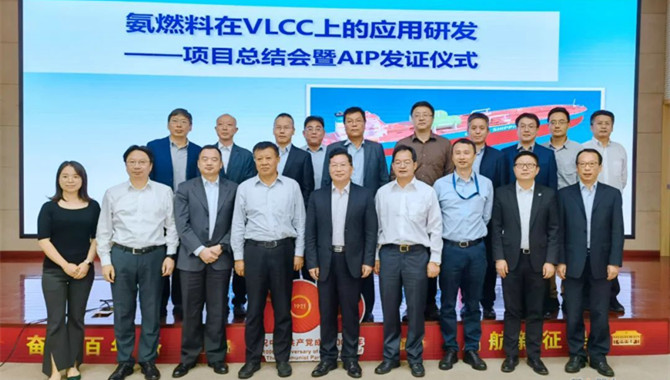
The ammonia fuel-powered VLCC jointly designed and developed by MARIC, COSCO Shipping Heavy Industry and COSCO Shipping Energy Transportation has been awarded AIP by China Classification Society and American Bureau of Shipping.
In April 2018, IMO MEPC72 proposed to reduce greenhouse gas emissions from the maritime industry by 50% by 2050 compared with 2008.
At the same time, China has also established a national-level dual-carbon goal of "emission peak and carbon neutrality", striving to reach the peak of carbon emissions by 2030 and achieve carbon neutrality by 2060.
To achieve these goals, emission reduction measures such as the development and application of innovative technologies and the introduction of alternative fuels in the shipping industry have become urgent. Among the many alternative fuels, liquid ammonia fuel, which does not produce carbon dioxide during combustion and is convenient for storage and transportation, has become the focus of the industry.
In April 2018, IMO MEPC72 proposed to reduce greenhouse gas emissions from the maritime industry by 50% by 2050 compared with 2008.
At the same time, China has also established a national-level dual-carbon goal of "emission peak and carbon neutrality", striving to reach the peak of carbon emissions by 2030 and achieve carbon neutrality by 2060.
To achieve these goals, emission reduction measures such as the development and application of innovative technologies and the introduction of alternative fuels in the shipping industry have become urgent. Among the many alternative fuels, liquid ammonia fuel, which does not produce carbon dioxide during combustion and is convenient for storage and transportation, has become the focus of the industry.
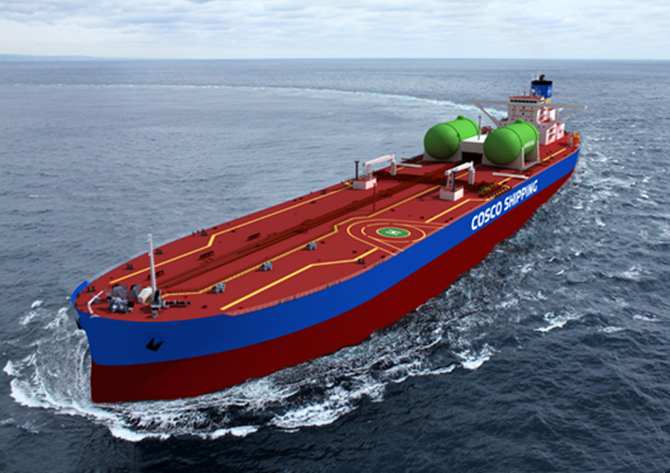
This ship type is based on the latest generation of 310,000DWT VLCC developed by MARIC. While ensuring the advancement of various performance indicators, it adopts MAN ammonia fuel main engine and is equipped with two 6000m3 C-type ammonia fuel tanks. The endurance meets the Middle East Route's round-trip voyage.
The successful research and development of this ship type has provided technical reserves for the future market order acceptance of zero-carbon fuel ship types.
Source: Sarah Yu, XINDE MARINE NEWS
The successful research and development of this ship type has provided technical reserves for the future market order acceptance of zero-carbon fuel ship types.
Source: Sarah Yu, XINDE MARINE NEWS
The opinions expressed herein are the author's and not necessarily those of The Xinde Marine News.
Please Contact Us at:


